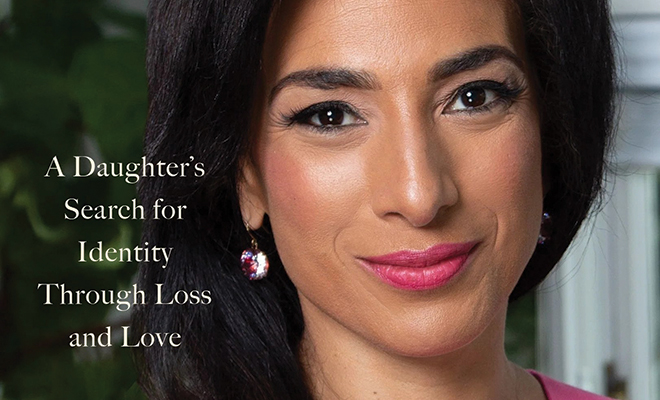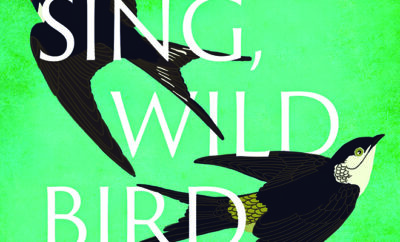
Belonging by Michelle Miller
“I was 24 when my father asked me to search for my mother, so that I might ask the questions that had burned in me all those years without her. In my two-plus decades as a motherless child, I had learned that identity is shaped as much by those who are absent in our lives as by those who stay by our side.”
Michelle Miller Morial introduces the reader to her search for herself and constructing an authentic identity in Belonging: A Daughter’s Search for Identity Through Loss and Love. She’s recognizable as a cohost of CBS Saturday Morning. Today she belongs, exuding confidence, competence and compassion in the public aspects of her life. Miller has spoken candidly about her family of birth for the past few years, and in Belonging she offers a narrative of her experience as “a mixed-race Black woman in America when we are finally daring the hard conversations about race and identity.”
Miller was raised from the age of six months primarily by her paternal grandmother, Bigmama, and at four she began asking, “Bigmama, why don’t I have a mother?” Her grandmother deftly directed Miller to her father, who replied, “Well, Michelle, your father met your mother, they fell in love, and they had you.” The answer was the same until she was 24, her father dying of cancer, and he told her emphatically to seek her mother to learn her genetic and medical history.
In the intervening 20 years, family members dropped hints. One situation concerned hair texture. Miller’s was long and loosely waved. In a painfully described incident of bullying and hairpulling by other girls of her age, she asked Bigmama why she didn’t have the same kind of hair as her cousins. “Well, your birth mother was White,” was the response. When she was nine, her father overheard her telling a friend that she didn’t have a mother. Shortly thereafter, her father said to her privately, “Michelle, you do have a mother. You are not motherless, and I don’t know why you told Bradford that. Your mother just doesn’t live with you.” He followed by revealing her name, which triggered Miller’s memory of a family photograph of the three of them. A few months later, he took her to meet the woman, an uncomfortable situation for all three, and sparked a conversation between father and daughter about the reasons for the family separation. “I felt an odd sense of triumph at finally scoring from my father a concrete explanation of why my mother had walked away. But in the wake of that I was flooded with a new kind of pain. My mother didn’t want me.”
Through the angst of adolescence, her grandmother’s health begins to fail; she leaves to be cared for by relatives. In Seventeen magazine, Miller notes an advertisement for a seven-week “fat farm” on a local college campus; attendees would be housed in the dorms. “Maybe this was the very thing I had been seeking, though I hadn’t consciously decided to transform myself…I was becoming adept at compartmentalizing my feelings…Looking back, I can see this was where my tendency to build walls around my sadness truly began.” She describes realizing that becoming a person who could walk into any room and look as if she belonged was a solution. “Even if I didn’t feel it exactly, even if I still doubted my right to be there, at least I could muster a passable impersonation of a girl who was confident in where she stood.”
Miller found her tribe in high school and chose to attend Howard University, as her father and grandmother had. “I wanted to experience the place that the school’s alumni still proudly call The Mecca…Hoping to make my own mark in this pantheon of influential men and women, I had decided that the way I would do so would be through a career in journalism.” Over the next 30 years, Miller built her professional networks through stints at institutions in Minneapolis, Los Angeles and Columbia, South Carolina, eventually landing in New Orleans, where the fullest chapter of her life would begin.
I will leave readers with that teaser and one answer. Yes, she had a meeting with her mother and developed a tenuous relationship with her, yet it was one that helped Miller further investigate and clarify her own feelings. The memoir recounts pain, and also great joy, introspection, healing and love.
As of this writing, Miller is in London covering the coronation of King Charles and Queen Camilla. If she ever had a question about being acknowledged and recognized, that has been emphatically answered.







